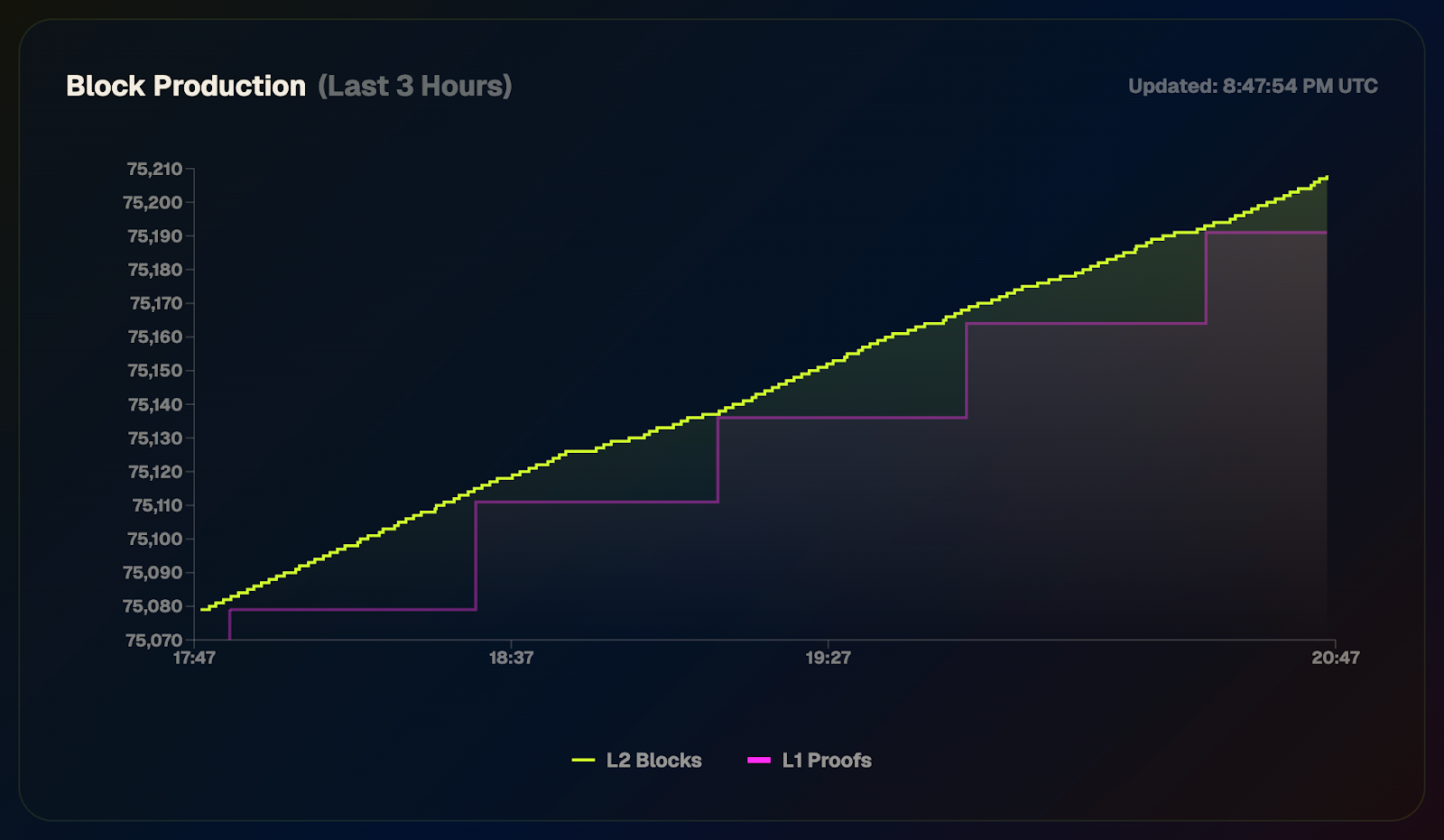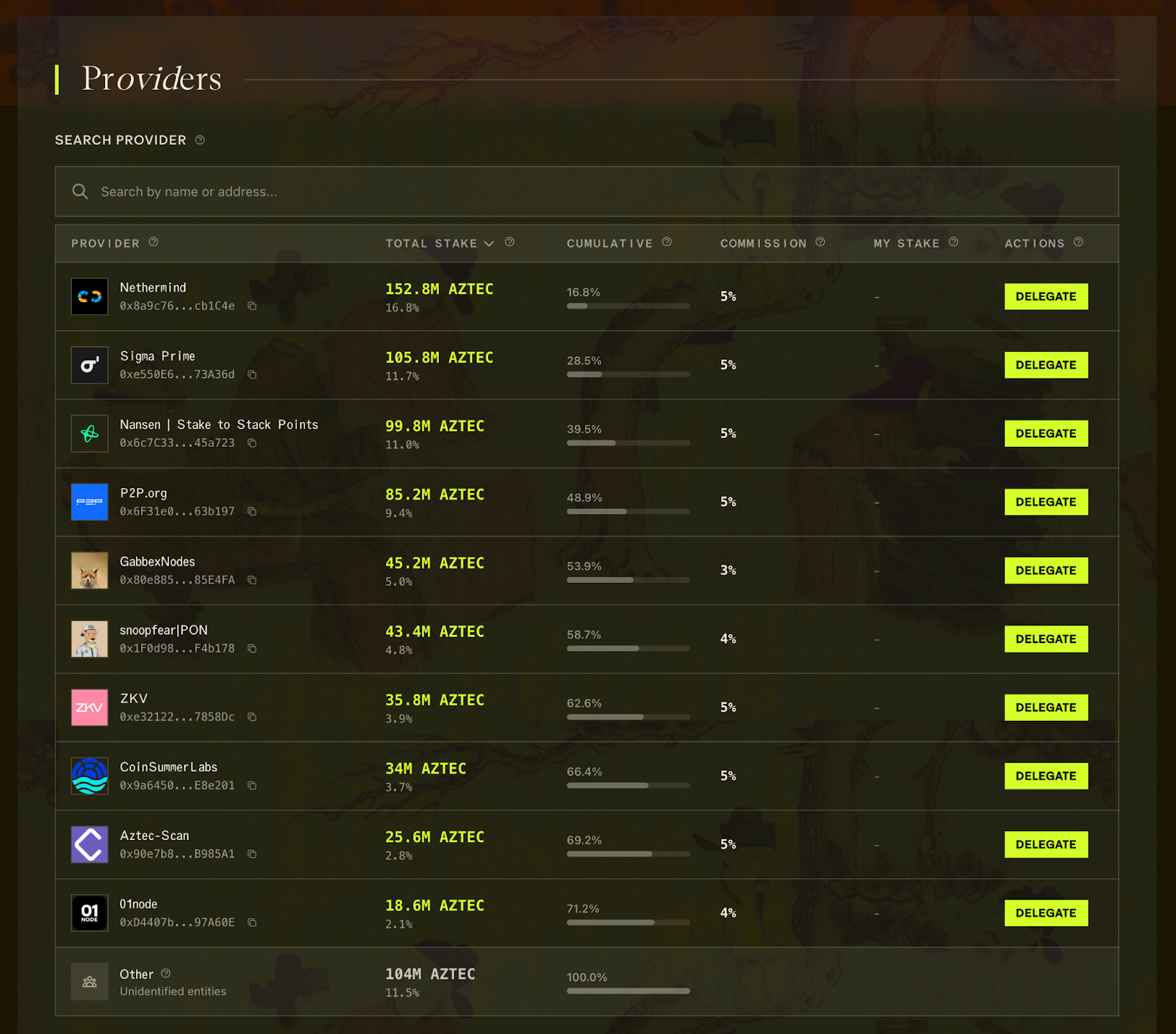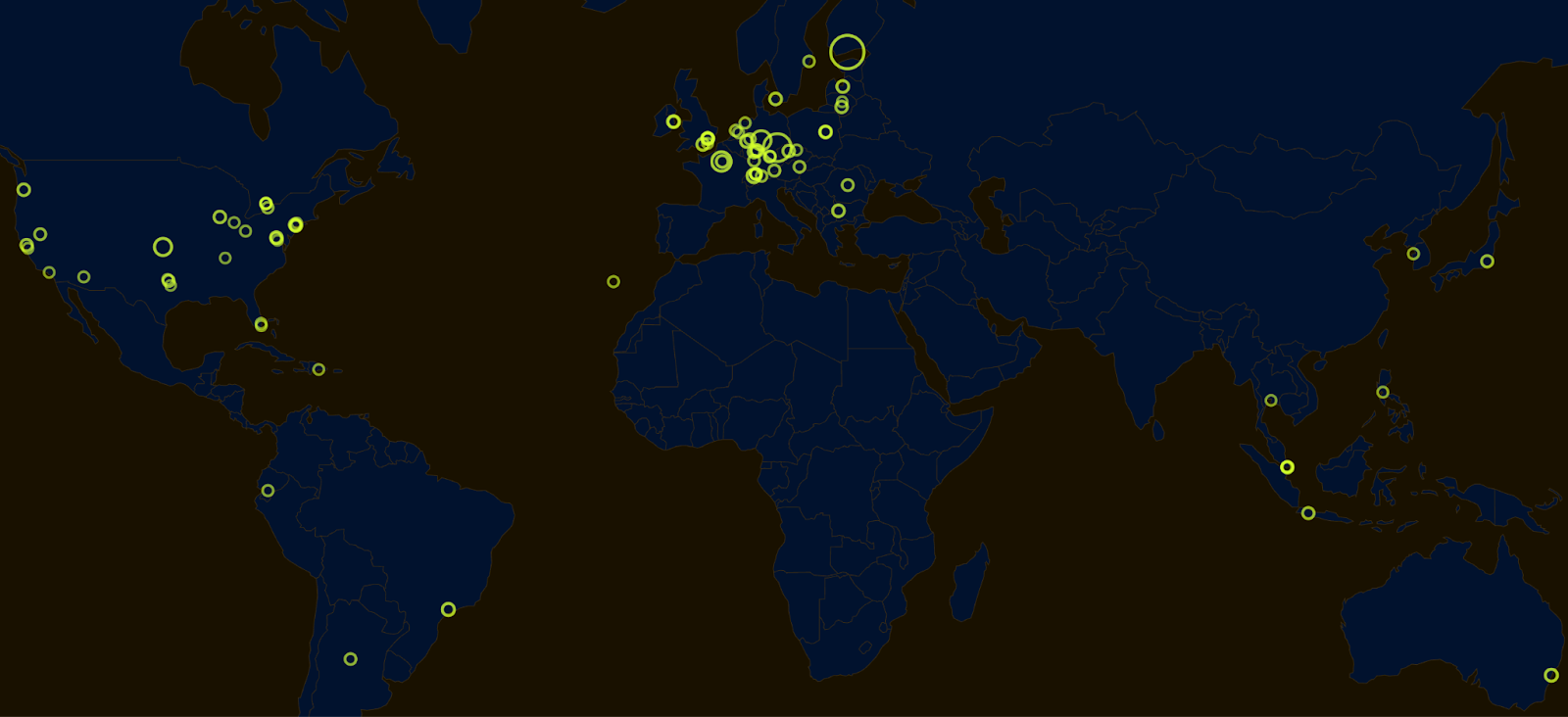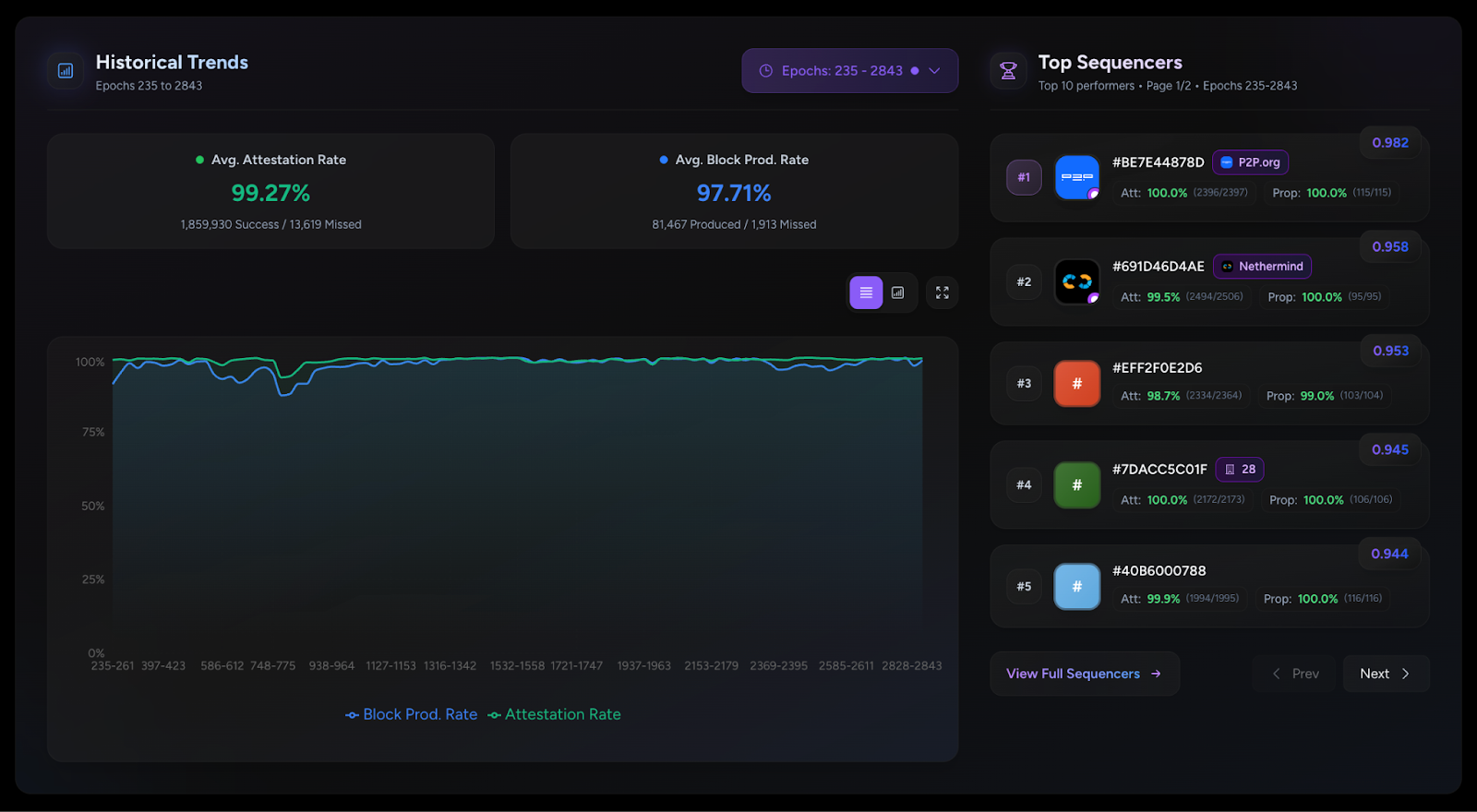Polaris v1.0, the “Faithful Prover” Rollup Licence
TL;DR
- Today we’re releasing a new licence template for prover-verifier software, called Polaris — a “faithful prover” licence for rollup code
- In a continuation of Aztec’s mission to innovate, Polaris is an important experiment in how to release novel, transparent code, under a prover-verifier paradigm
- It could be used either in perpetuity or for a fixed time period, with or without a token-based governance model, whilst crypto-engineering projects are in their infancy
- Polaris leaves ecosystem developers free to do what they like with prover code — the only proviso is, proofs eventually return to a particular verifier or set of verifiers, which will often have decentralised governance and be irrevocable
A Collaborative Experiment
We were pleased to collaborate on this with our friends at StarkWare, well-known as the inventors of ZK-STARK cryptography. Leading expert Heather Meeker from O’Melveny drafted on behalf of StarkWare, with review from our own counsel.
Where’s the Licence?
The template licence for Polaris v1.0 is here, and is free to use by the community.
Polaris in our Licence Stack
In our vision for Polaris, the license would attach to rollup code only, sandwiched between MIT licences.As a reminder, private rollup technology comprises:
- 1) Verifier | mainnet smart contract
- 2) Rollup Prover | aggregator
- 3) Privacy Prover | private transactions
- 4) Escape Hatch Prover | withdrawal proofs
Here’s how Polaris could fit into the licence stack:
- 1) Verifier Code | MIT
- 2) Rollup Prover Code | Polaris
- 3) Privacy Prover Code | MIT
- 4) Escape Hatch Prover Code | MIT
What’s the Motivation?
We are exploring ways to build technology in the open air. The goal is to:
- Build open, transparent, permissionless networks
- Protect the network in the early months of its life from code-cloning, enabling us to continue highly experimental research and development
- To achieve this whilst eliminating all platform risk from L2s
What is Polaris, in a Nutshell?
Gone are the concepts of ‘commercial’ vs ‘non-commercial’ licensing which is no longer relevant to the new world of decentralised networks.
Instead, prover code can be used and modified freely — the only proviso is that if proofs are verified on a blockchain, they are verified by an (e.g.) Aztec / StarkWare smart contract.
In Polaris, we’ve got a licence that is:
- Succinct | one-pager, easy-to-read
- Modular | applies to the prover code only
- Faithful | to a validator (or list of validators), not a company
- Immutable | so the service can never be revoked
What’s Wrong with GPL?
Weak-copyleft licences like GPL are too restrictive, enforcing unwelcome strictures on third-party software.
Used correctly, Polaris is a mechanism to protect transparent prover-verifier networks, whilst they’re still consuming enormous resources on research and development.
Finally — why the name, ‘Polaris’?
‘Polaris’ recalls the era of navigation by the stars — the ship (prover code) sails freely, but always, ultimately, refers back to the constant of the North Star — in this case, the verifier smart contract at the heart of a rollup system.
Get in Touch!
If you have any questions or comments, please message us at tom [at] aztecprotocol.com, or else by joining one of our community channels below:





